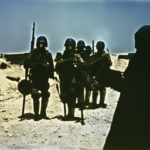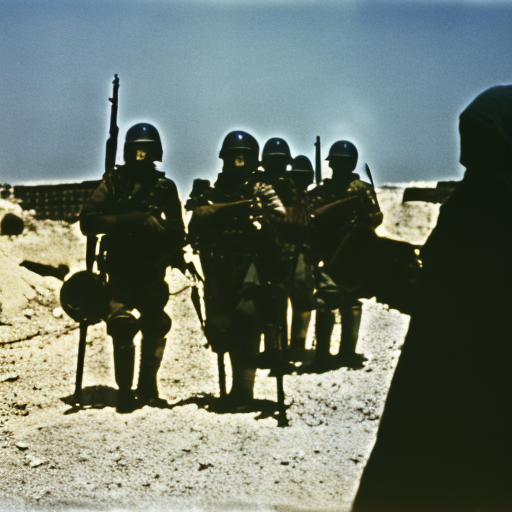Summary: Ho Chi Minh was a Vietnamese revolutionary and politician who played a crucial role in the fight for Vietnamese independence from colonial rule. He was the founder and leader of the Viet Minh, a communist organization that fought against the Japanese occupation during World War II and later against French colonial forces. Ho Chi Minh eventually became the first President of North Vietnam and led the country during the Vietnam War until his death in 1969.
Early Life and Revolutionary Activities
Born as Nguyen Sinh Cung on May 19, 1890, in the Nghe An province of Vietnam, Ho Chi Minh grew up in a time when Vietnam was under French colonial rule. He became involved in anti-colonial activities at a young age and traveled extensively, witnessing the hardships faced by the Vietnamese people. Inspired by the ideals of communism and nationalism, he adopted the name Ho Chi Minh, which means “He Who Enlightens.”
Formation of the Viet Minh
During World War II, Ho Chi Minh returned to Vietnam and formed the Viet Minh, also known as the League for the Independence of Vietnam. The Viet Minh aimed to fight against both the Japanese occupation and French colonial rule. Ho Chi Minh’s leadership and determination played a crucial role in mobilizing the Vietnamese people and gaining their support for the cause of independence.
First Indochina War
After the end of World War II, the Viet Minh declared the independence of Vietnam on September 2, 1945. However, the French sought to regain control over their former colony, leading to the First Indochina War. Ho Chi Minh’s forces fought against the French military, employing guerrilla warfare tactics and gaining support from the local population. The war lasted for nearly nine years and ended with the defeat of the French at the Battle of Dien Bien Phu in 1954.
Division of Vietnam
Following the French defeat, Vietnam was divided into North and South Vietnam at the Geneva Conference in 1954. Ho Chi Minh became the President of North Vietnam, which was a communist state, while the South was led by Ngo Dinh Diem, a staunch anti-communist. The division of the country and the growing tensions between the North and South eventually led to the Vietnam War.
The Vietnam War
The Vietnam War, also known as the Second Indochina War, began in 1955 and lasted until 1975. Ho Chi Minh’s North Vietnamese forces, known as the Viet Cong, fought against the South Vietnamese government and its American allies. The war was marked by intense fighting, heavy casualties, and the use of unconventional tactics such as guerrilla warfare and booby traps.
Legacy
Ho Chi Minh’s leadership and determination in the fight for Vietnamese independence made him a revered figure in Vietnam and a symbol of resistance against colonialism. Despite his death in 1969, his legacy continued to inspire the North Vietnamese forces, who eventually achieved their goal of reunifying Vietnam in 1975. Today, Ho Chi Minh is still widely respected in Vietnam, and his mausoleum in Hanoi is a popular tourist attraction.
In conclusion, Ho Chi Minh was a key figure in the struggle for Vietnamese independence. His leadership of the Viet Minh, his role in the First Indochina War, and his presidency of North Vietnam during the Vietnam War cemented his place in history. Ho Chi Minh’s legacy as a revolutionary and nationalist leader continues to be celebrated in Vietnam today.












